One of the most controversial and constantly changing topics in nutrition is protein.
How much should we eat?
What are the best sources?

What’s the best time to eat it?
Is plant protein the same as animal-based protein?
There are a ton of milk-derived and plant-derived protein supplements available, so picking one can be overwhelming.

Why you need protein.
All proteinsplant- and animal-derivedcontain amino acids.
Amino acids are molecules, joined by peptide bonds, that form certain structures in the human body.
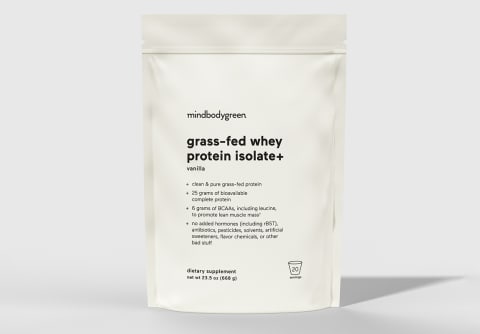
They are needed for the constant breakdown and regeneration of cells.
Leucine is often studied for its ability to increasemuscle protein synthesisvia themTOR pathway1.
A complete protein source contains all nine EAAs.

Beef, poultry, dairy, eggs, and seafood are all complete proteins.
Most plant proteins are considered incomplete since they don’t contain adequate amounts of at least one EAA.
However, you might pair different plant proteins together to get all the EAAs into your diet.
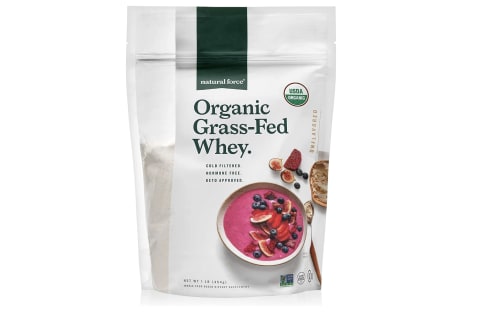
How much protein do I need per day?
It’s not that simple, thoughprotein needs increase depending on age, activity level, and body composition.
Strength athletes need approximately 1.4 to 1.7 grams per kg of body weight.
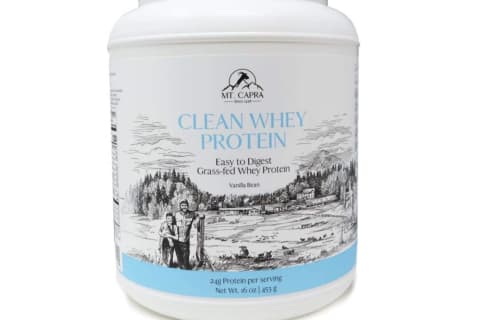
Emerging research shows thatwomen may also require more proteinat different points of life.
“WPI is produced by sending milk through a series of filters.
The filters will strip out lactose and milk sugar as well as fat.
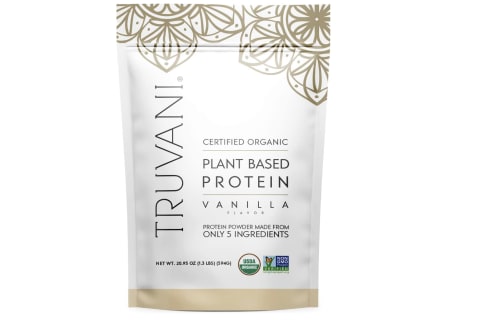
WPI is typically more expensive than WPC due to its purity and reduced fat, sugar, and carbohydrates.
This WPC is then broken down into more peptides to form WPI.
The insoluble (less dissolvable in acid) casein protein will sink to the bottom during this process.
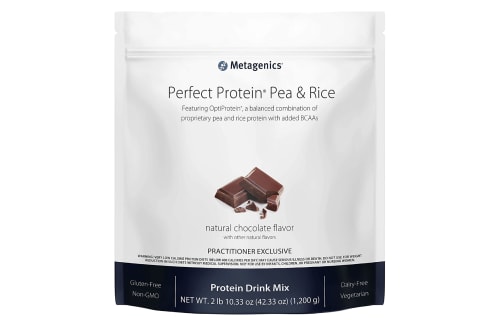
Casein can also be consumed as a protein powder.
There are two types of beta-casein: A1 and A2.
Lots of research has found that whey protein supplementation can build muscle when combined with resistance training.
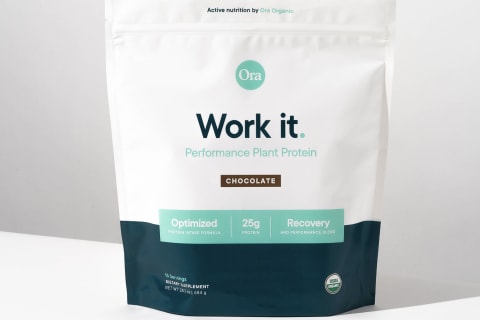
It helps increase strength, no matter your age.
Whey protein supplementation can also help protect muscle mass and strength as we age.
It helps improve athletic performance.
Whey protein can also help your athletic performance, according to research.
It contains more leucine.
Another benefit of whey is that whey naturally contains more of the amino acid leucine than plant protein.
Types of plant-based protein powders.
Benefits of plant protein:
It helps with cholesterol.
It’s a good option if you have lactose sensitivities.
Plant protein does not contain lactose, like some whey powders.
The main symptoms include diarrhea, nausea, stomach cramps, bloating and gas.
It contains fiber, healthy fats, and other phytonutrients.
Anothersystematic review12supports the notion that plant protein has positive outcomes on metabolic health compared to animal protein.
At the end of the day, they both can be helpful for filling protein needs.
Just remember thatwhole foodsare the best sources of not just protein but other nutrients as well.
Frequently Asked Questions
What is the difference between whey protein and plant protein?
Plant proteins and animal proteins like whey have different compositions of amino acids.
Both whey protein and plant protein can help you fulfill your protein needs and support muscle strength.
Can you build muscle with plant protein?
Plant proteins have been shown to support gains in muscle strength in conjunction with resistance exercise.
The takeaway.
And remember: Protein powders alone don’t build muscle.
You’ll needresistance trainingfor that.